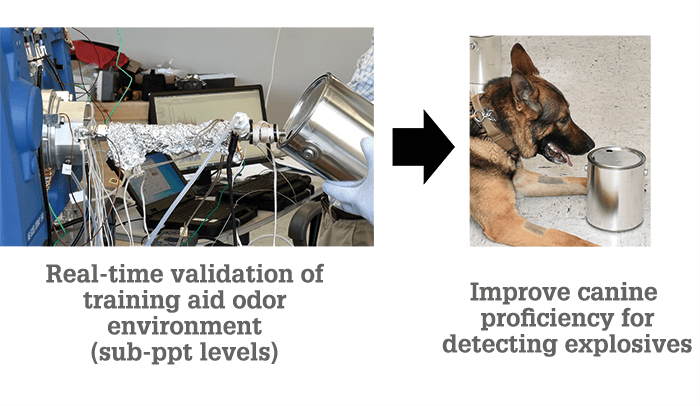Paper: cheap, manufactured almost everywhere, and easily disposed of. These characteristics make it a highly useful substrate with which to develop low-cost diagnostic devices. Now, a research team have taken this useful material one step further, by developing a paper-based test powered through touch. The self-powered, paper-based electrochemical device, or SPED, requires no electricity, clean water, or equipment. It can be safely disposed of by incineration (a bonus when dealing with viral infections like HIV), and provide accurate electrochemical sensing. “Other low-cost devices, like test strips, can only provide colorimetric information, and lose accuracy in places with high relative humidity,” says Ramses Martinez, assistant professor of industrial and biomedical engineering, Purdue University, USA. “SPEDs are fully self-powered, can provide accurate sensing independently of the environmental humidity, and can be used by untrained personnel.”
To use the device, the user first taps the triboelectric generator on the bottom of the SPED for two or three minutes to allow electricity from the tips of the fingers to be harvested; this is accumulated in a small portable circuit called a “potentiostat” (see Figure 1). Next, the user takes a fingerprick blood sample and places it on top of the testing region of the device, and an accurate measurement of different analytes, such as glucose or lactic acid, is provided in under 30 seconds. Some of the tests can also be performed with other substances, such as testing urine for malnutrition problems, or testing if water is potable. The team behind the test hope to extend the testing abilities of the device, in order to create one capable of quickly performing a whole blood panel. “To facilitate the reading of so much information coming from a small device, we created a machine-vision algorithm that can take a digital image of the SPED, find the test areas, and read the results in real time,” explains Martinez. “While we have this algorithm currently working as a cell phone app, we plan to implement this in see-through devices like the HoloLens, so the user can “see” the results on glasses as soon as they are looking at the SPED.”

Martinez envisions the tests being used in resource-limited settings, or by military personnel deployed in remote locations. “We hope the low cost of SPEDs can make this technology easily accessible to a large number of pathologists, especially those working at the point of care. We also hope ‘paper tests’ could aid in testing people who fear needles, and in getting large populations tested quickly using the minimum amount of resources.” Expanding the tests available is now the aim – by focusing on multiplexing, the team are working to provide as much relevant medical information as possible within a single cheap test.




